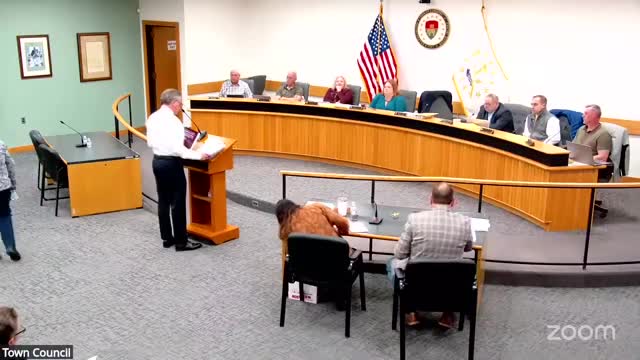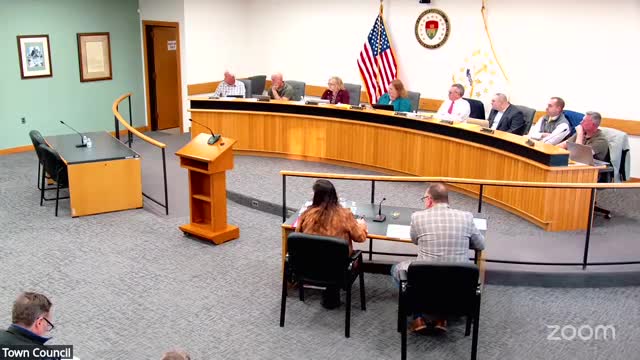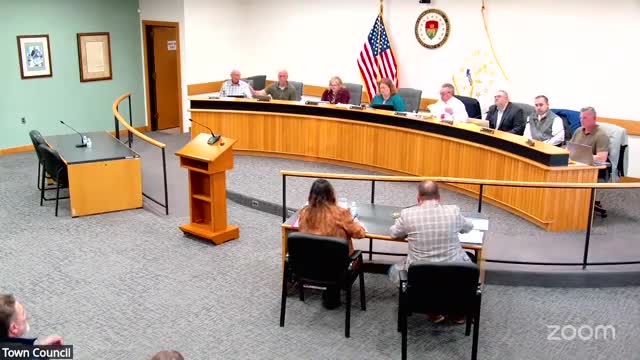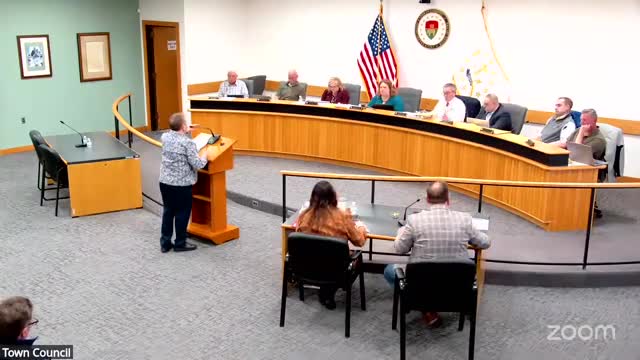Article not found
This article is no longer available. But don't worry—we've gathered other articles that discuss the same topic.

Coventry council stalls proposal to give all members access to town solicitor invoices after heated debate

Coventry council: quick take — registrar ratified; project priority list and ARPA allocation approved

Council directs staff to prepare reprofiling plan for Arnold Road after resident complaints about sewer‑cap damage

